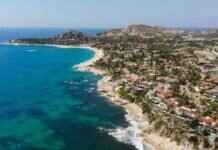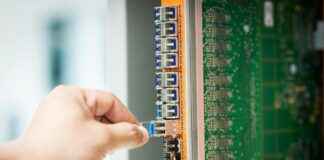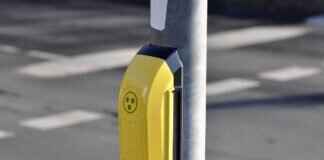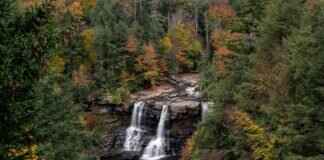Alright, so there was this judge who decided to strike down the whole DOGE takeover of the U.S. Institute of Peace. Not really sure why this matters, but it happened. Moving on, the Supreme Court went ahead and allowed Trump to revoke the protected status for thousands of Venezuelans. Maybe it’s just me, but that sounds like a pretty big deal for those folks.
In other news, Pete Rose got reinstated by MLB and can now be considered for the Baseball Hall of Fame after his ban. Then we have Michael Jordan joining NBC Sports NBA coverage as a special contributor. Early-season heat wave is on the way to bring some record temperatures to the Southwest and Texas. The April consumer price index report shows inflation dropping to its slowest pace since 2021. Louis Prevost, Pope Leo XIV’s brother, decided to speak out about his sibling becoming the pontiff. Lester Holt also had a meeting with Pope Leo XIV. There was a tragic incident in Sri Lanka where a passenger bus skidded off a cliff, resulting in 21 deaths and 350 injuries. Trump’s administration is apparently getting ready to accept a luxury jet from Qatar. Trump is snubbing traditional allies with his first major foreign trip to Saudi Arabia. Pope Leo XIV, the first American pontiff, has officially begun his papacy. New evidence has surfaced showing a similar car to the suspects driving around the time of the Idaho murders. Trump’s tariffs are putting the Fed in a tough spot when it comes to interest rates and inflation. A judge stepped in to block the deportation flight of Asian migrants to Libya. Black smoke is billowing for the second time as cardinals remain undecided on the new pope. U.S. intelligence agencies are contradicting Trump’s claims about Tren de Aragua. Kentucky Derby winning jockey, Junior Alvarado, shared his journey to victory. And finally, tensions escalated between India and Pakistan after India strikes Pakistan over a terrorist attack in Kashmir. So, yeah, that’s a whole lot of stuff happening in the news right now.















